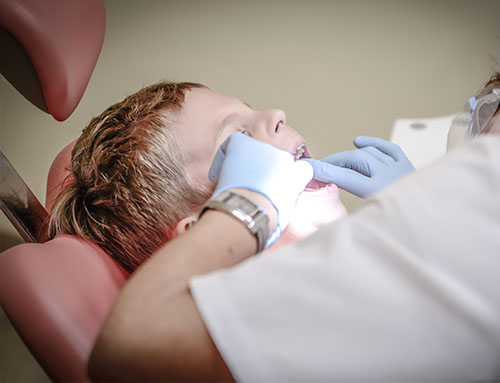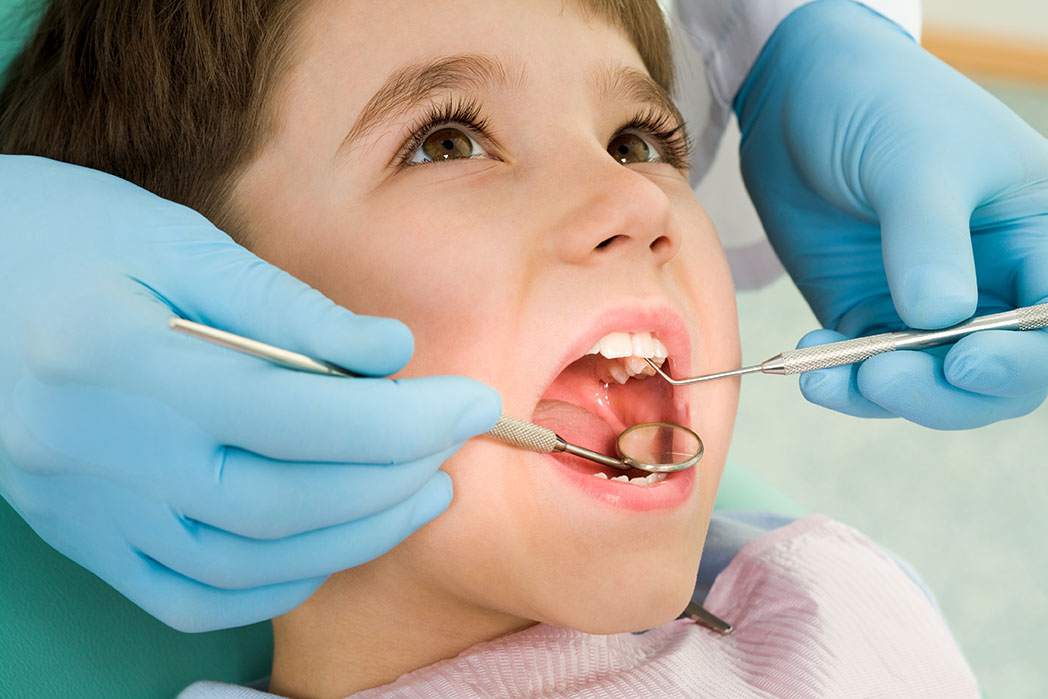 Infants are born with a natural urge to suck on things. The problem lies in what those babies choose to suck on. Obviously, parents want their little one to breastfeed or take a bottle effectively in order to promote healthy nutrition and growth. However, babies will suckle on virtually anything they can find from clothing to fingers and toes. Unfortunately, many infants find the ever-available pair of thumbs that nature has provided and develop a thumb sucking habit. If this habit is not broken by age four it can lead to several problems later in the child’s life.
Infants are born with a natural urge to suck on things. The problem lies in what those babies choose to suck on. Obviously, parents want their little one to breastfeed or take a bottle effectively in order to promote healthy nutrition and growth. However, babies will suckle on virtually anything they can find from clothing to fingers and toes. Unfortunately, many infants find the ever-available pair of thumbs that nature has provided and develop a thumb sucking habit. If this habit is not broken by age four it can lead to several problems later in the child’s life.
Dental malformation
Discouraging thumb sucking past the age of four is advised because the child’s jaw and facial bones begin to grow and reshape in order to allow room for the eruption of adult teeth. Because of this, thumb sucking can easily send the upper jaw outward while pushing the lower teeth inward. Orthodontists have determined that aggressive or long-term thumb sucking will also force teeth to turn causing problems with alignment and chewing capabilities.
Speech problems
By age 9, children should have replaced the natural early swallowing pattern of tongue-thrust with a more mature swallow. Long-term thumb sucking effects oral muscle development and leads to continued tongue-thrust. In turn, the presence of tongue-thrust can be associated with alignment and articulation issues. Speech problems can include lisping and difficulty pronouncing Ts and Ds.
Health issues
Pacifiers have been linked to higher instances of ear infections in young children. However, small children touch everything and crawl around on floors and outdoor areas. Parents should opt for the use of a pacifier and discourage thumb sucking for several health reasons including the potential for ingesting harmful bacteria. A child’s nutrition can also be affected by the misalignment or decay of teeth that can be caused by continued thumb sucking. Intense thumb sucking can even cause calluses to form, which raises the chances of bacteria being introduced into the child’s system.
Habit-forming
Aside from the physical problems associated with thumb sucking, there are concerns about a child’s emotional well-being. Thumb sucking in children older than six months is often a soothing habit. Many will comfort themselves when they are feeling hungry, sleepy or bored. In some cases however, thumb sucking after age 5 may be a sign of emotional problems or anxiety. These children may need to see their doctor to find the underlying reasons for the behavior.
Both pediatric physicians and dentists will encourage parents to discourage thumb sucking as children get older. Pacifiers are not a total solution, but they do protect children from the speech, health and dental problems caused by long-term, habitual, thumb sucking. Fortunately, peer pressure at school will often cause children to break this potentially harmful habit.






